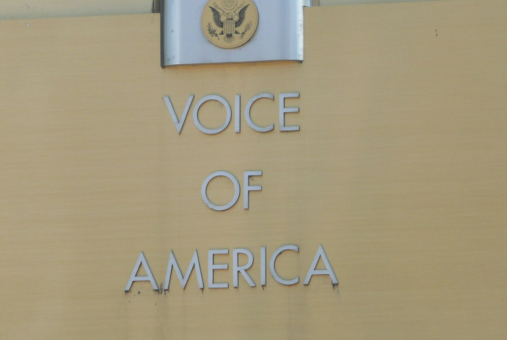
VOA journalists are suing the Trump administration, arguing its shutdown of the network is unconstitutional. They also say the move harms U.S. credibility abroad and puts foreign staff at risk.
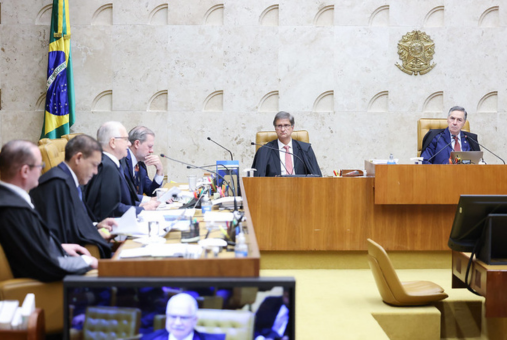
The Supreme Court, updating a 2023 ruling on media liability, says outlets will only be on the hook if they act negligently or knowingly broadcast defamatory statements. They must also guarantee a right of reply to any implicated third party.
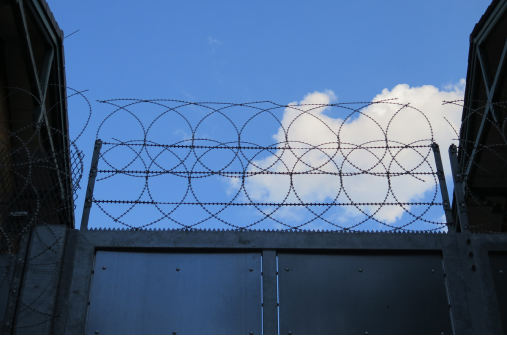
Journalists and human rights organizations say Venezuelan authorities detain and release journalists to control and censor, using ‘punishment as warning’ as a tool to instill fear and silence the press.
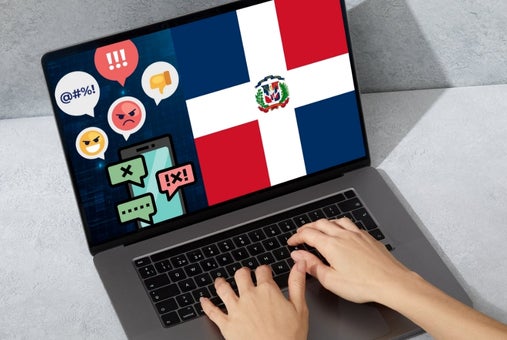
At least half a dozen Dominican journalists were targeted online after being accused of receiving support from the U.S. government, highlighting how U.S. political narratives resonate in Latin America.
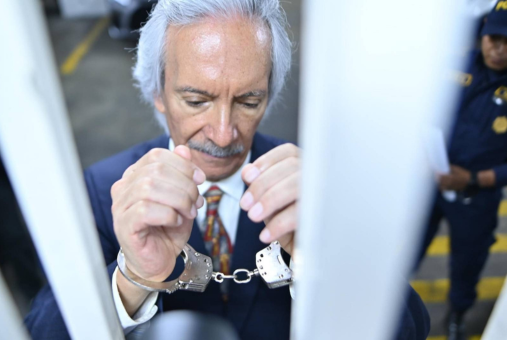
Zamora, known for exposing government corruption, was put behind bars after four months in house arrest. Press freedom groups say it’s part of an effort to silence critical reporting. It’s ‘arbitrary and illegal,’ his son José says.

Two new laws that impose new restrictions on independent media, plus the suspension of funding through US agencies, leave the Venezuelan press with few options for survival.
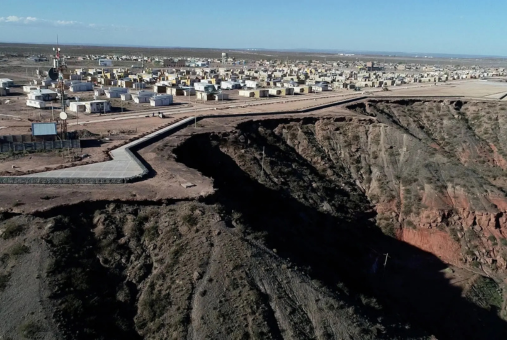
Irene Benito, who’s heading one of the studies on news deserts currently underway, tells LJR in an interview that the absence of news not only leaves communities without information. It also erodes democracy.
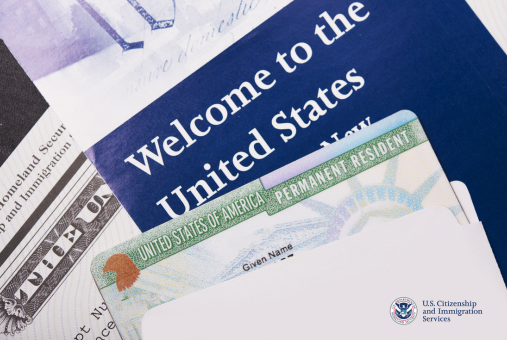
Exiled journalists face stalled asylum cases and the end of humanitarian parole. Those sent back to Nicaragua or Venezuela would return to regimes openly hostile to press freedom.
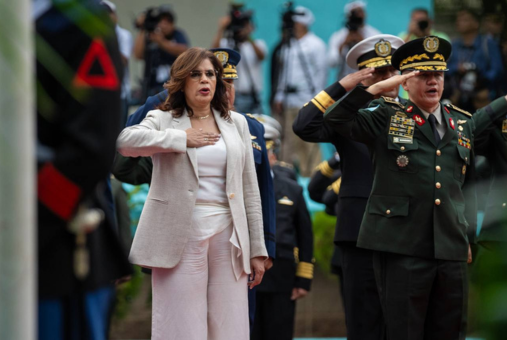
Military officials want the names of anonymous sources while politicians dismiss news outlets as ‘pseudo-media.’ The result? ‘Self-censorship,’ a press advocate warns.

Tercero promoted books and reading. Now press groups, who are demanding answers on two other jailed reporters, say her disappearance is a symbol of Nicaragua’s crackdown on free thought
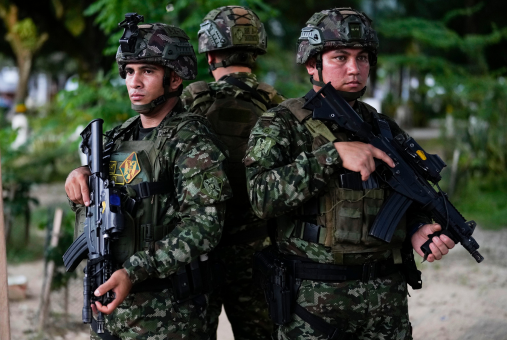
As two armed groups fight for control to traffic drugs through the Catatumbo region, local journalists are facing new risks to cover violence that has displaced 36,000 people.
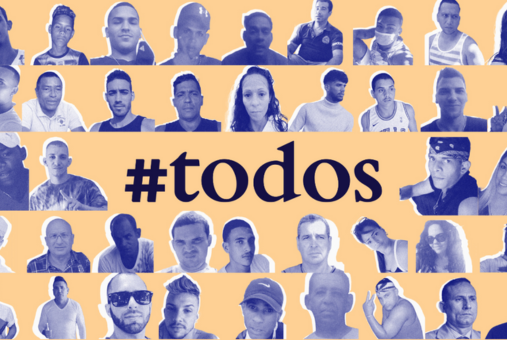
The #Todos platform, created by an alliance of 10 independent media outlets, has also become a call for the freedom of all political prisoners in Cuba.